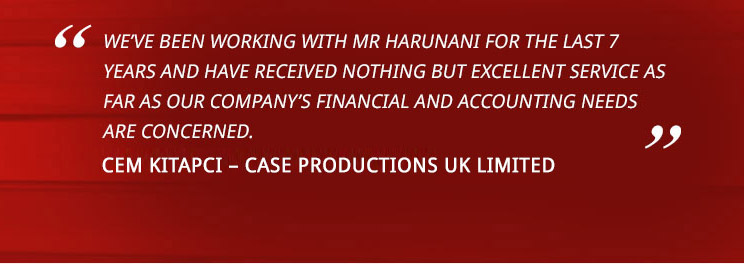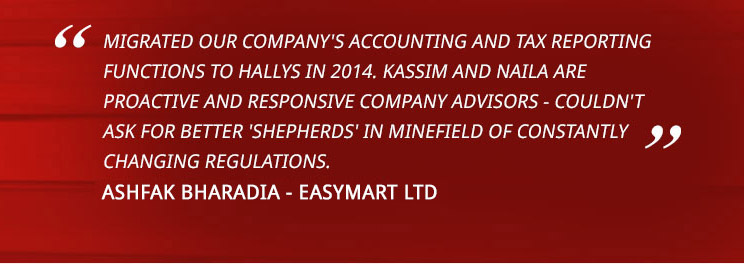Whilst it is never easy to double guess future changes in our tax system there are already changes afoot, some included in past legislation, and some promised by prior announcement.
Two items are worthy of a new year’s underline.
Firstly, buy to let landlords that have borrowed heavily to build their rental property portfolio should consider the effects of the gradual reduction in higher rate tax relief, applied to finance charges, that starts April 2017. The tax change will progressively disallow any deduction of finance charges from your rental profits and replace it with a 20% basic rate tax credit. This change, as intimated, will tend to affect those who have leveraged any equity in their properties to increase borrowing in order to buy more properties.
There is no simple border line beyond which more tax will be payable. Each landlord’s affairs will need to be examined in detail. An in-depth review before April 2017 is probably advisable.
Secondly, HMRC have indicated that they are going to introduce the next stage in their attempt to “Make tax digital” from April 2018. From this date, self-employed businesses (including property rental businesses), with profits in excess of lower limit – at present this is mooted to be £10,000 – will be required to keep their accounting records in an electronic format and upload summarised data to HMRC each quarter.
It is intended that this will replace the necessity to file an annual tax return as all your income will be pushed to your online digital tax account at HMRC.
This is a wide ranging change in the taxation of the self-employed and its scope will be rolled out to include VAT accounting and limited companies in following years.
Whilst there is no absolute certainty that HMRC’s Making Tax Digital aspirations will proceed as announced, business owners would be wise to consider their options during the coming year as the i’s and t’s are dotted and crossed. In particular, business owners who have not, as yet, computerised their accounting, should start to try out one or two of the more, well-established software packages. Businesses who have computerised their accounts should ask their software providers if their systems will be compliant with the Making Tax Digital requirements from April 2018.















